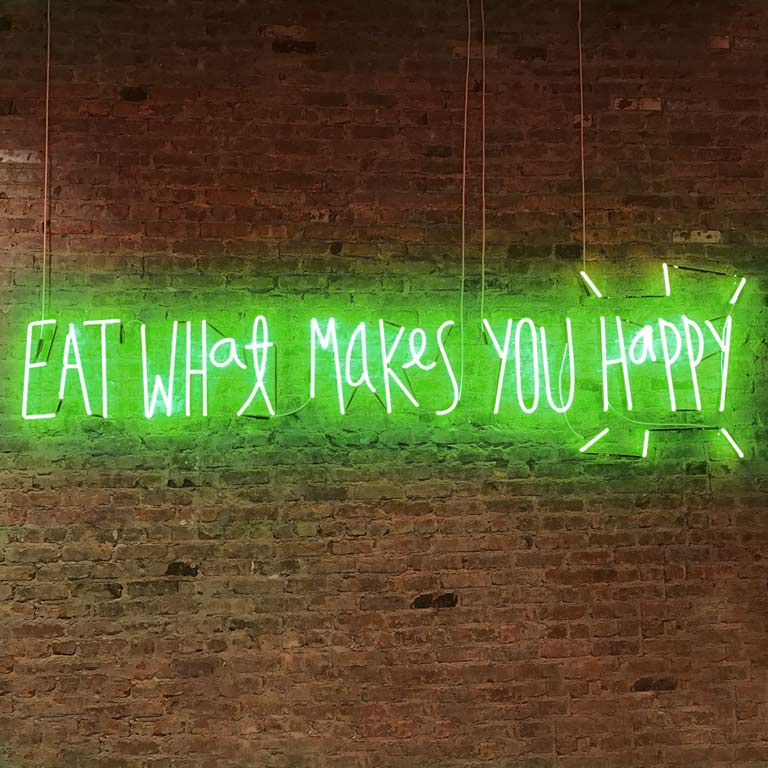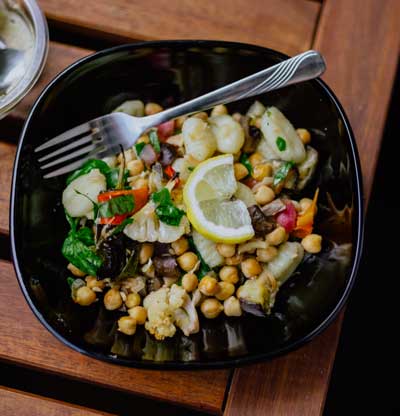
Vegan food and cosmetics
What is veganism. What is a vegan.
Being vegan is a philosophy that refuses to use or consume animal products for ethical, environmental and dietary reasons. Veganism is a lifestyle that supports, above all, respect for animals and helps avoid their exploitation.
Being vegan not only means a diet free of products that come from animals, but also a commitment to animal welfare in all areas, thus advocating "Cruelty Free" cosmetics, i.e. the use of cosmetic products that have not been tested on animals.
What does a vegan eat?
For many, the world of veganism is an unknown concept. Do you know what the vegan diet is like and what it consists of?
A vegan diet, as we mentioned earlier, does not include products from an animal. Some of the foods that veganism excludes are: meat, fish, seafood, eggs, dairy products, butter, or yogurt.
Therefore, a vegan diet includes vegetable products such as fruits, vegetables, legumes, tubers, cereals, seeds, nuts, mushrooms, stalks or sprouts.

World Vegan Day
World Veganism Day is celebrated on November 1st each year to raise awareness of this philosophy of life. It is also advocated and used to raise awareness of other issues such as animal cruelty and bad practices in food, fashion or leisure with animal products.
What is the difference between a vegetarian and a vegan
Today there are many concepts or lifestyles regarding food that can be confusing. In the case of vegan and vegetarian eating, both lifestyles have similarities in terms of empathy towards animals.
The main difference between vegetarians and vegans is that vegetarians do eat food and buy products derived from animals. Therefore the differences are as follows:
- There are several types of vegetarian diet: Ovo lacto-vegetarian, Ovo vegetarian and Lacto vegetarian. In short, vegetarians can consume animal products such as eggs and dairy products.
- On the other hand, veganism is more than just a diet. It is a faithful lifestyle that acts and supports initiatives for equality and rights towards animals. For this reason, they reject all types of food from animals, do not consume fashion items such as feathers or fur, and do not go to places of entertainment where animals can be exhibited (such as zoos or circuses).
Is veganism a healthy diet?
Lack of food of animal origin is not synonymous with a poor or unbalanced diet. A vegan diet, like other types of diets, is healthy if we include all the basic elements for a balanced diet: carbohydrates, proteins, fats, vitamins, minerals and the amount of water the body needs.

Proteins for vegans
There are several types of plant proteins that we can include in our diet if we are following a vegan diet. It is normal to consume as little as 0.75 g of protein per kilogram of body weight. Therefore, if you reach 1 gram of protein per kilogram of body weight it is a good figure.
The main vegetable sources of protein include: legumes, certain nuts (cashew nuts, almonds, peanuts, pistachios, etc.), seeds and cereals (wheat, oats, buckwheat, quinoa, pasta, bread, etc.)
It may also be advisable to complement your diet by including a supplement of vegan proteins.
Risks of veganism
In addition to protein, we must include in our diet all the vitamins and minerals that the body needs for its functions. One of these vitamins is vitamin B12, which is found mainly in foods of animal origin, so it is very possible that a person who follows a vegetarian or vegan diet has inadequate levels of vitamin B12.
Vitamin B12 and a vegan diet
Vitamin B12 is water-soluble (dissolves in water) and is essential for protein metabolism, to help in the formation of red blood cells and in the maintenance of the central nervous system.
It is present in foods of animal origin, such as fish, meat, eggs and dairy products. Therefore, it is generally not present in plant foods.
Vitamin B12 can also be found in vegetable sources, but in small amounts. This vitamin is found in vegetables when they are fertilized with organic fertilizers. For that reason, we find only small amounts because when we wash these vegetable products, we may eliminate the small amount of this vitamin.
According to the EFSA, the recommended daily amount of vitamin B12 for people over 15 years old is 4 mcg, 4.5 mcg for pregnant women and 5 mcg for nursing mothers.
In addition, it is important to note that having a low level of vitamin B12 can cause:
- Anemia
- Pernicious anemia
- Loss of balance
- Numbness or tingling in arms and legs
- Weakness
Including vitamin B12 supplements in the diet can be very beneficial for vegans or vegetarians, so that they can acquire the recommended daily amounts of this nutrient.
How do you know if a product is vegan?
There are more and more companies in the market that are aware of this lifestyle and include food and cosmetic products without a composition of ingredients or derivatives of animal origin or so-called "cruelty free".
To know if a product is vegan, we can be guided by a label that ensures that it is vegan. It is also important to make sure of its ingredients (INCI) and check that they are certified by a prestigious entity, for example: the COSMOS certificate in cosmetics that guarantees, among others, the prohibition of animal testing, either in the ingredients or in the finished cosmetic products.





